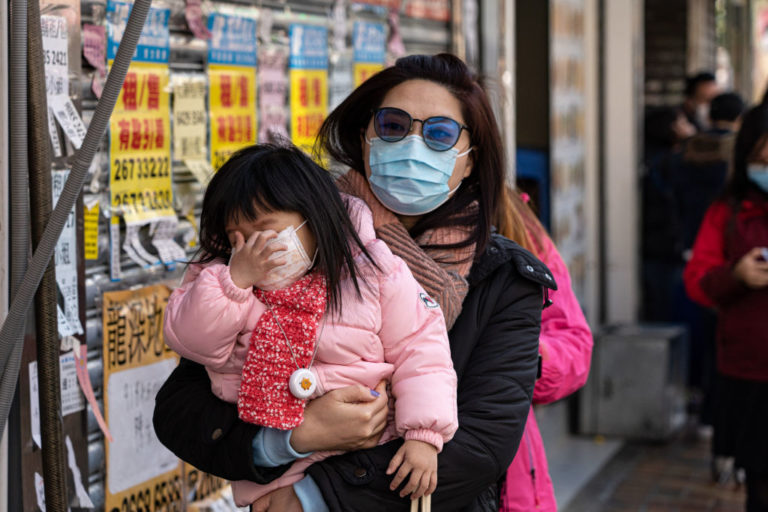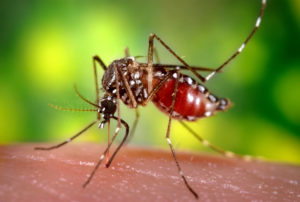The Coronavirus is spreading quickly around the world.
The Chinese health organisation says it has reached every region in mainland China. Although the number of deaths is relatively small, a huge number of cases have been reported worldwide.
The World Health Organization (WHO) met in Geneva and declared this situation a global health emergency.
Many more people will be infected by this coronavirus, which is suspected to have come from snakes, than the SARS pandemic. Coronavirus cases are not rising dramatically inside China now although it has now been confirmed in many other countries, including the UK.
The coronavirus has not been known to kill young, healthy people but already frail elderly men and women are at risk.











